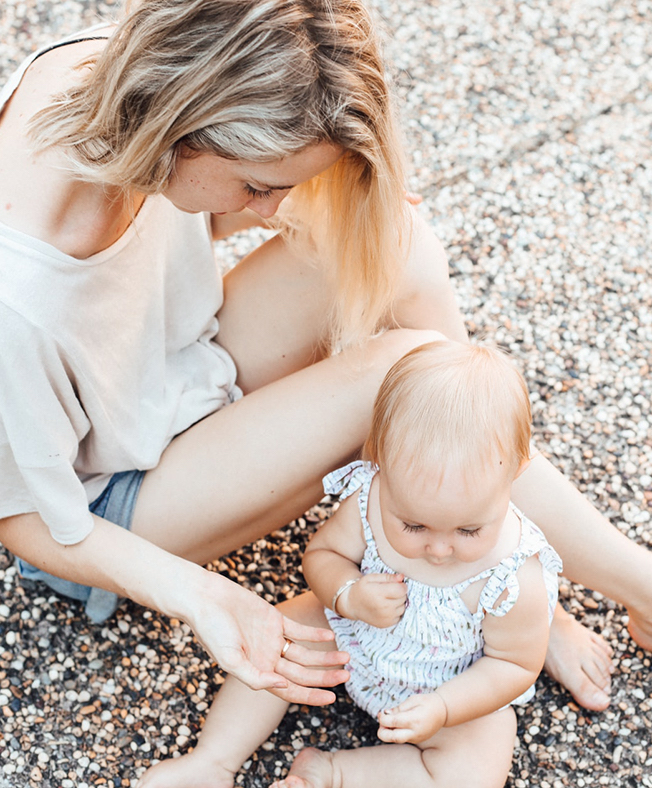Pregnancy Facts
How to know if you’re pregnant, what to do if you are, and about parenting.
Am I Pregnant?
Facing unexpected pregnancy can be frightening. So first of all, take a deep breath. Let it out. That’s right. You’re not in this alone. We’re here to walk beside you step-by-step.
First of all, pregnancy is a natural part of life, caused by sexual intercourse. There is always a slight chance of pregnancy from sexual intercourse – even if you take birth control. However, if you’ve had unprotected sex, there is an 85% chance of pregnancy.
If you’ve had unprotected sex and think you might be pregnant, you have two options:
Option 1
Wait until your period
If you skip your period, there’s a chance you’re pregnant. Stop by a Pregnancy Center for a free test.
Option 2
Wait two weeks
If you don’t want to wait until your period, wait one to two weeks before stopping in for a free test. The test won’t give accurate results until your body’s HGC levels elevate.

You’re not in this alone. We’re here to walk beside you step-by-step.
Signs of Pregnancy
A quick note: There is no perfect list of pregnancy symptoms. Even if you experience quite a few of the following symptoms, you may not be pregnant. Your best option is to receive a free pregnancy test and schedule a follow-up ultrasound.
I’m Pregnant. Now What?
Over the next 40 weeks, your body will be going through many changes. These changes are a natural part of pregnancy, but it’s important to learn about what you should expect. We’re here to help you through each step of your pregnancy journey.
If you’ve had a positive pregnancy test, you probably have countless questions. Our peer mentors at the PHC are ready to assist you in learning about your options.
If you’ve decided to carry your baby to term, there are some important steps to take. This page will offer a brief outline, and a PHC peer mentor will be able to explain in greater depth at your appointment.

Find out what steps to take and the types of parenting.
Parenting
If that’s a scary thought, it’s okay. Even people ready to have children find parenting intimidating. Parenting is a learning and growing experience—a lifelong adventure for both children and parents. There are a lot of different ways to parent. For free classes on parenting, give us a text, call, or email here at the center.
If you’re curious about parenting, below we have a quick look at what married parenting, co-parenting, and single parenting looks like.
Married Parenting
For centuries, marriage has been a way to show someone else that you’ll share everything with them—good times and hard times. It’s easier for two people to achieve their goals when they can depend on one another’s help and encouragement.
Overall, research shows that on average, kids do better across every economically, psychologically, socially, and educationally when they are raised by married parents who love each other and love their children.
In addition, both women and men tend to be healthier, more financially stable, and happier when they are married to their partner.
Co-Parenting
Sharing parenting responsibilities with your child’s father can happen whether you live in the same house or not. Many couples to live together at some point. In general, cohabitating couples in the U.S. lack the relationship stability of married couples. These relationships often end within five years.
Research shows that children are affected when their parent breaks up with one partner and begins a new relationship. There is research that suggests children are at risk when they don’t have involved fathers. Children are also more at risk for abuse when living with their parent’s partner than when living with their father and mother together.
Single Parenting
Those who parent without a life-partner wear many hats. Single parent homes have the same types of challenges as any family but often without another loving adult to share responsibilities. But one committed parent can make a world of difference in a child’s life.
Many children raised in a single parent home feel especially close to the parent who nurtured, encouraged, disciplined, and provided for them. The children may benefit from taking on family responsibilities at an earlier age. Healthy single parents often become strong people who can help their children adapt to life’s challenges.
